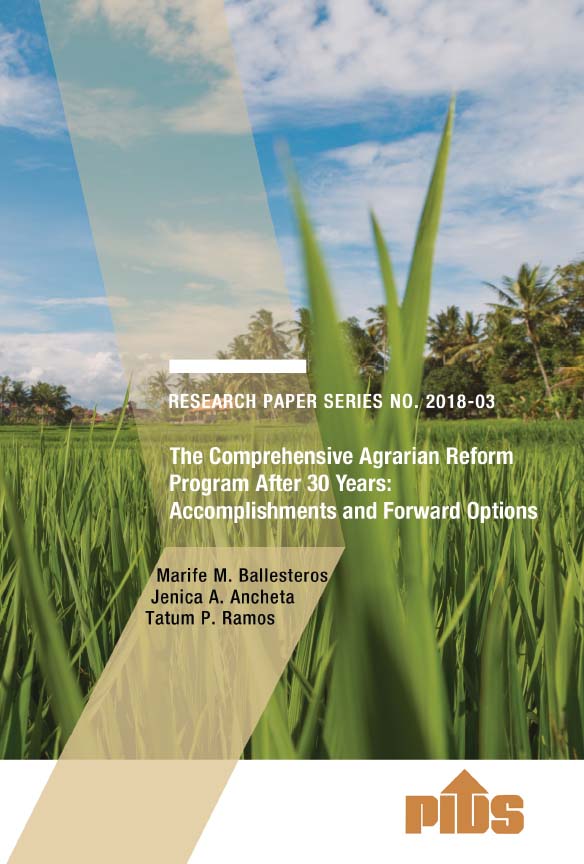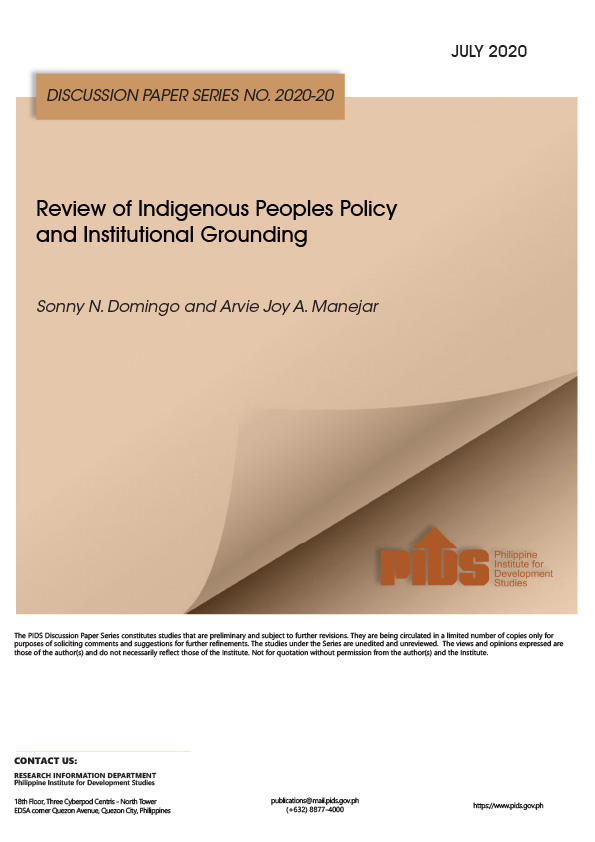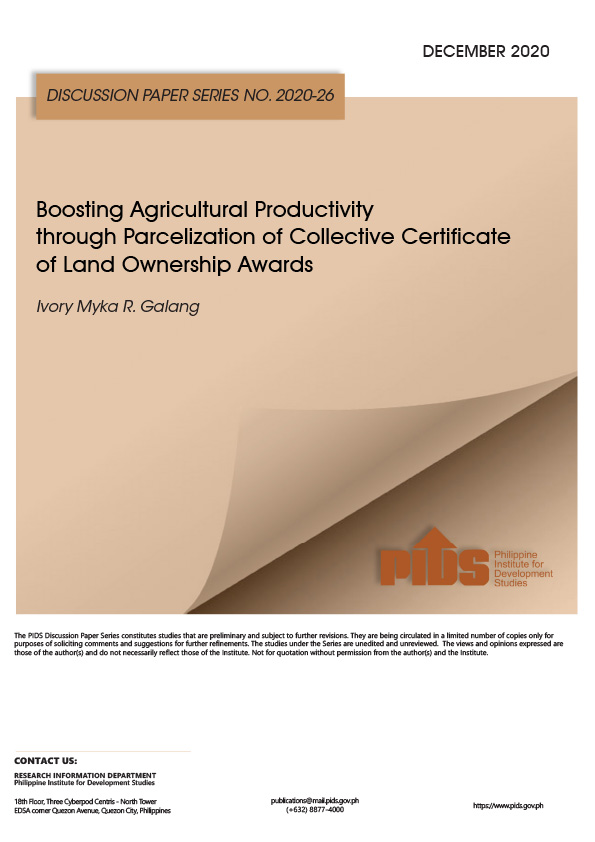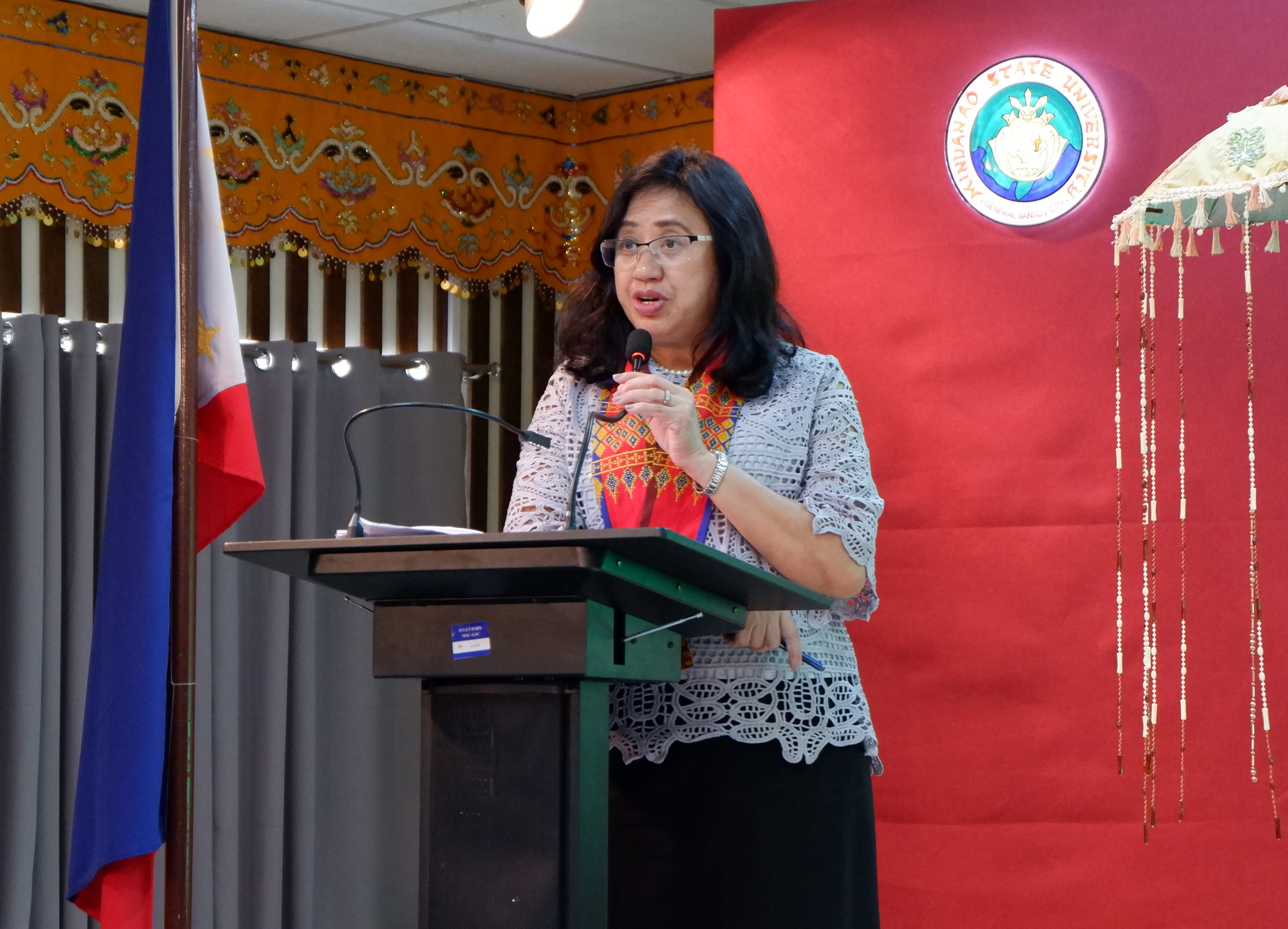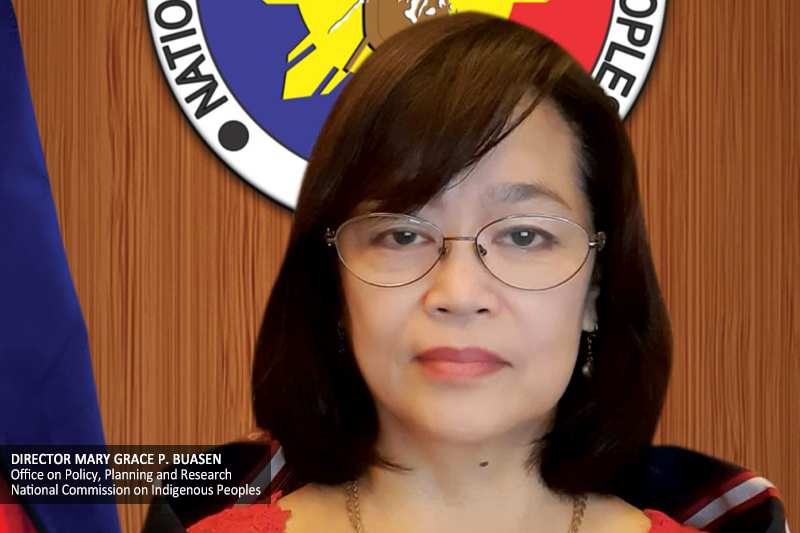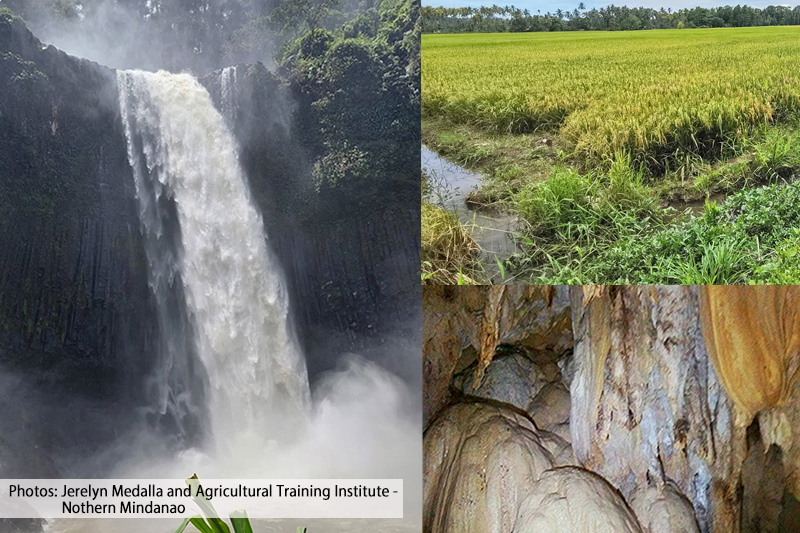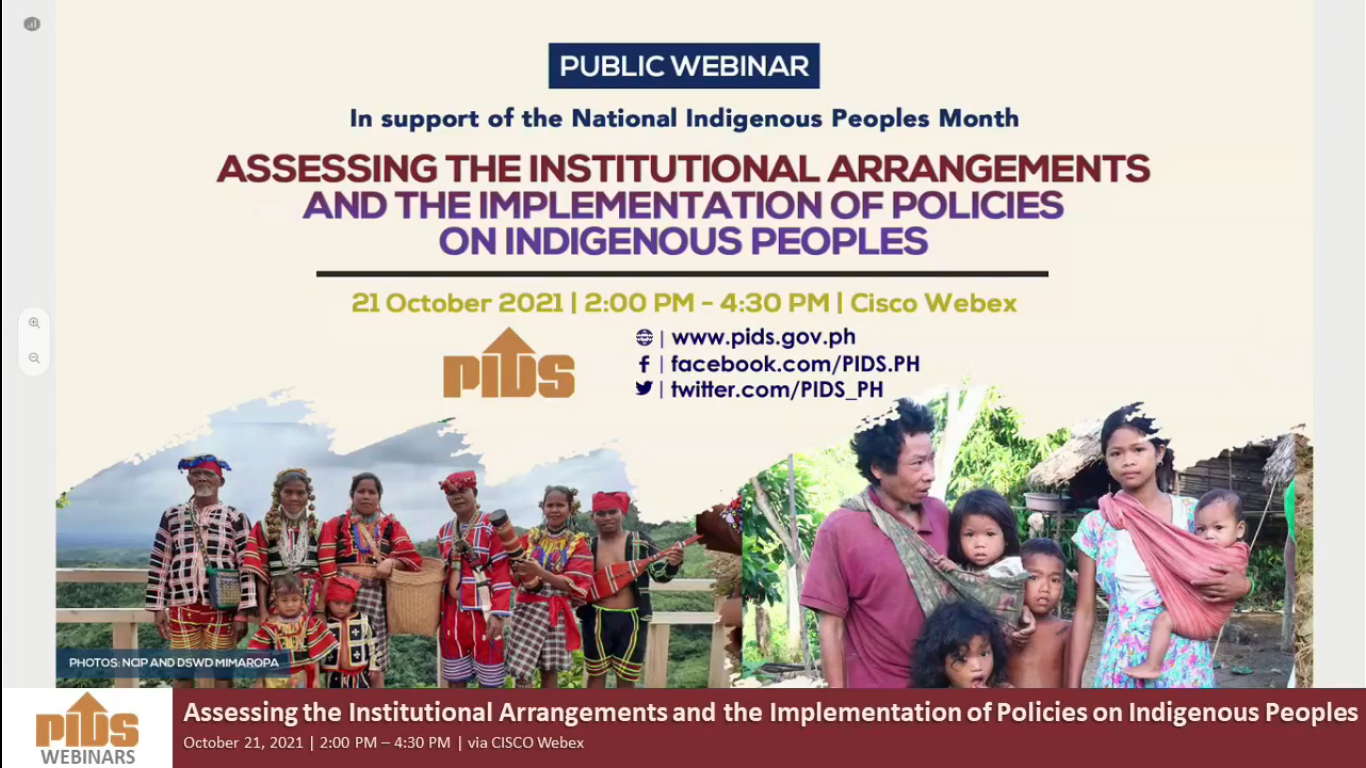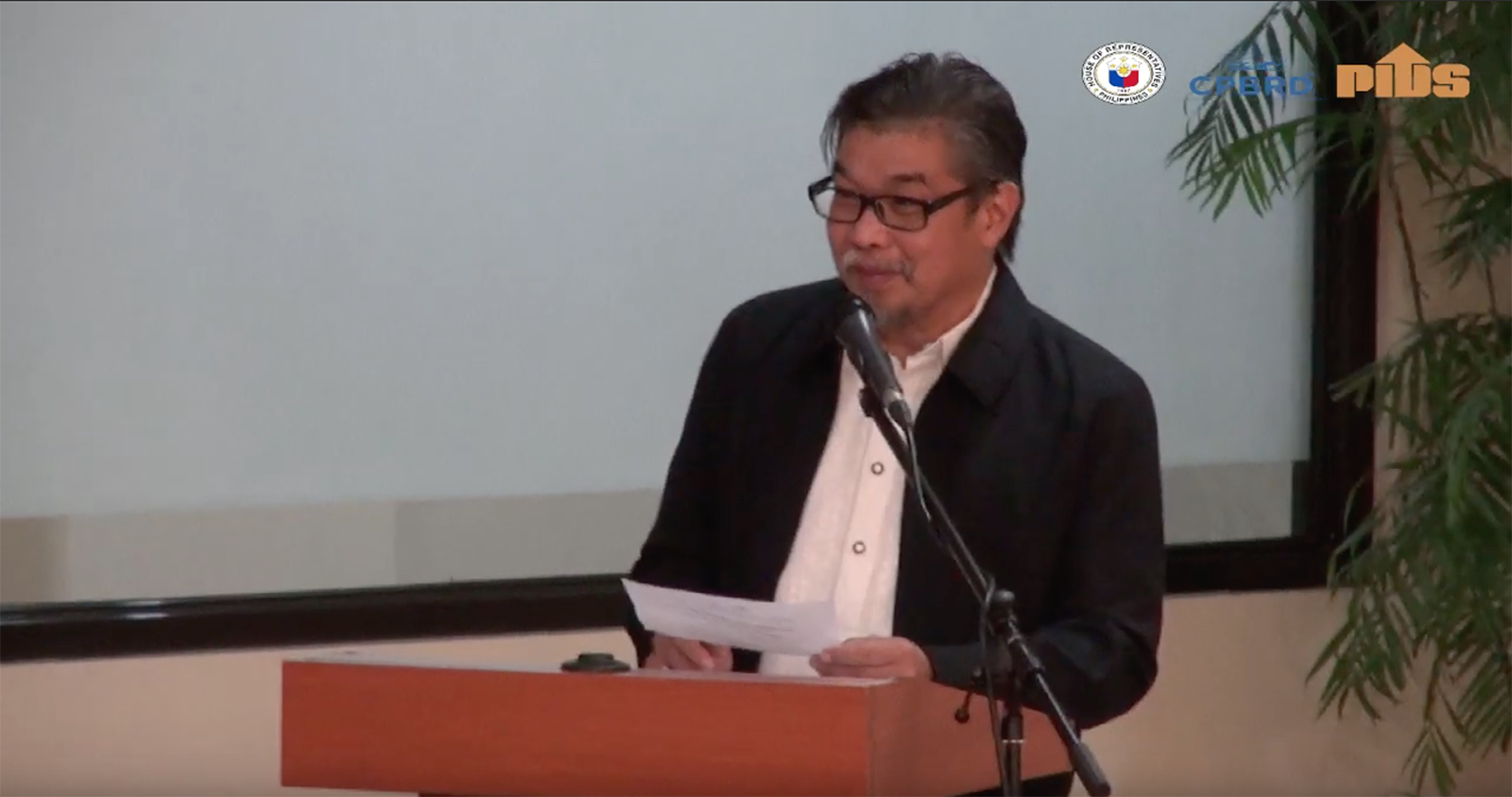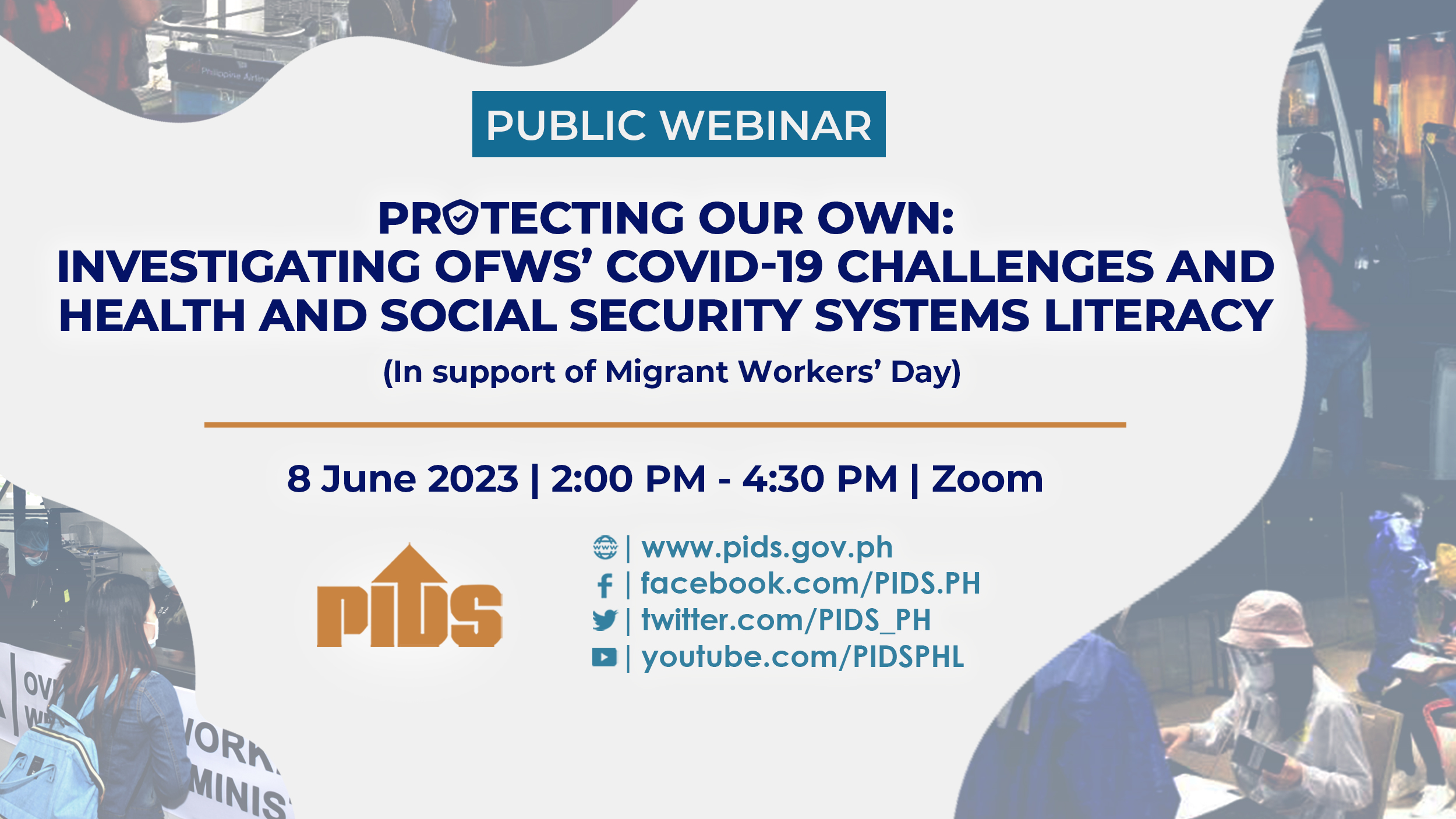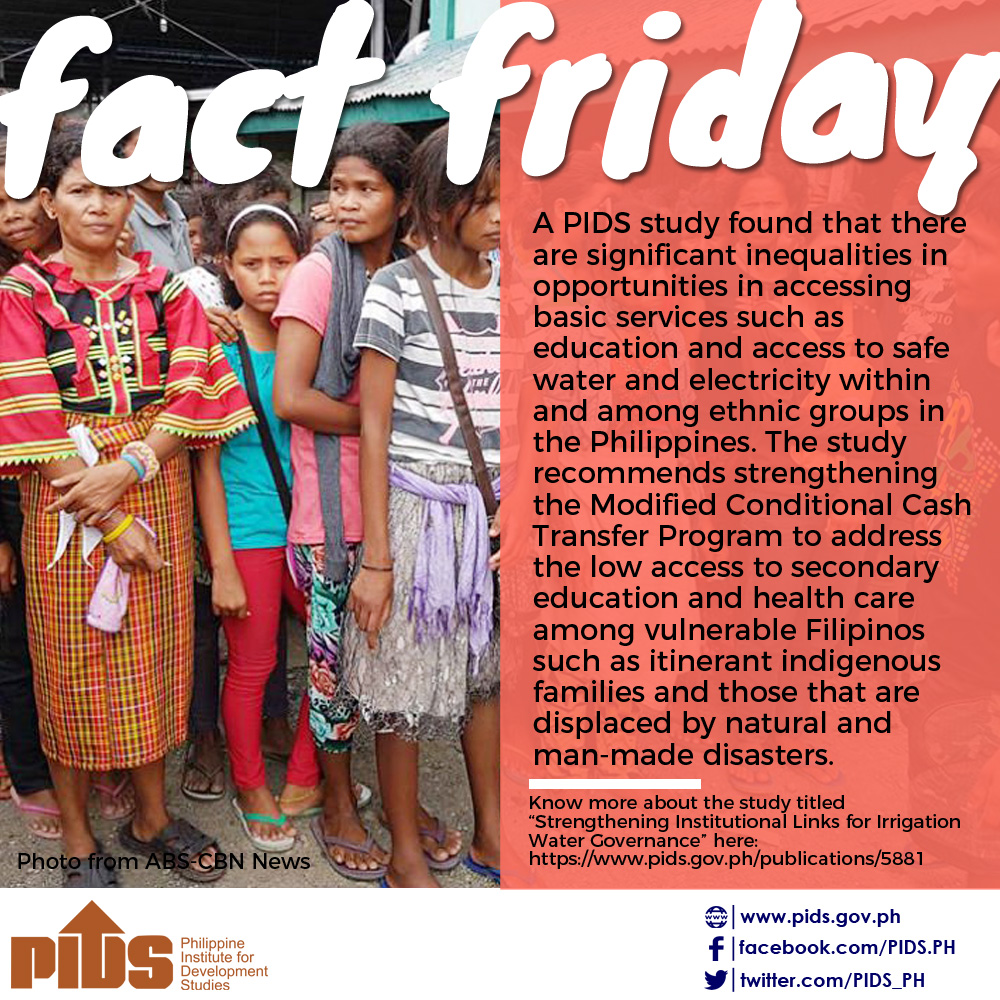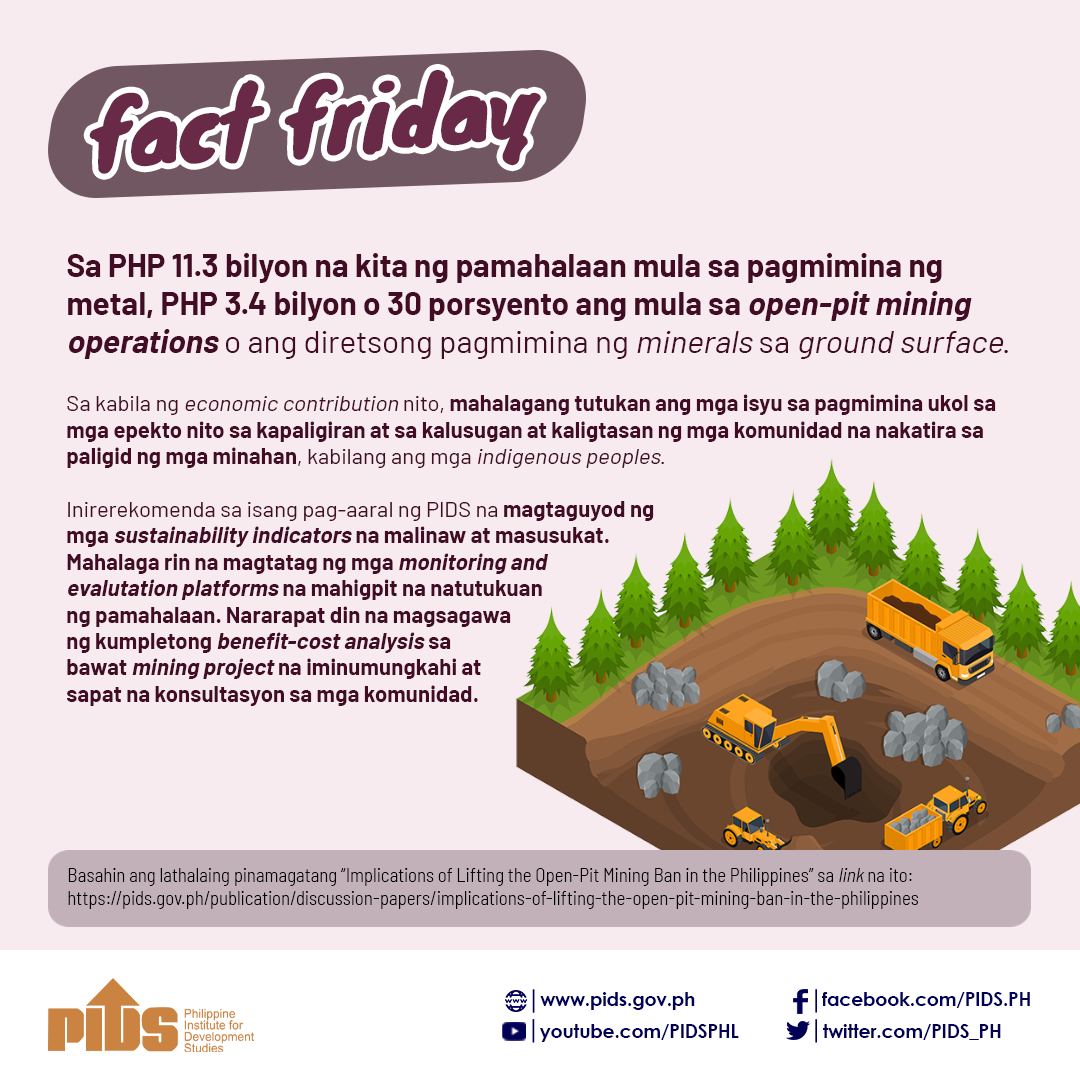
There is a need to revisit the implementation of Republic Act 8371 or the Indigenous Peoples Rights Act (IPRA) of 1997 to enhance service delivery to IPs.
This was according to Philippine Institute for Development Studies (PIDS) Senior Research Fellow Sonny Domingo at a webinar last October in support of the National Indigenous Peoples Month.
“There are complications in the policy grounding of the IPRA, but the landscape is also rich in terms of entry points for intervention,” he noted. IPRA was created to recognize and promote IP rights.
As the main government agency tasked to implement IPRA, Domingo noted that it is challenging for the National Commission on Indigenous Peoples (NCIP) to serve all stakeholders, given its limited resources.
One issue mentioned by Domingo pertains to the recognition, awarding, and management of ancestral domains. This aspect, he said, suffers from poor anthropological documentation of IP culture and heritage and a lack of master plan toward eventual program conclusion.
Aside from securing complete documentation of ethnic groups, Domingo highlighted the need to capacitate IPs and indigenous political organizations and strengthen community organizing to govern themselves when the program concludes.
Tenurial conflicts and policy overlaps must also be addressed among concerned agencies such as the NCIP, Department of Environment and Natural Resources, Department of the Interior and Local Government, and Department of Agrarian Reform.
Moreover, Domingo pointed out that the guidelines for free, prior, and informed consent (FPIC) were issued a decade after the passage of IPRA. This delay in policy grounding, including processes that are “costly and difficult to follow”, has hampered the application for a certificate of ancestral domain title.
The study noted that “the rigidity of the FPIC requirement invites resistance and negative sentiments from outside stakeholders intending to operate within ancestral domains.”
To address noncompliance to and violations of the FPIC process, Domingo stressed the need to strengthen IP and indigenous cultural communities’ organization and augment legal and adjudication support to NCIP offices.
He added that the permitting process should also be explained to IPs so they would be aware of their roles in the process. Meanwhile, proper orientation on the provisions of the IPRA should also be given to government agencies and other concerned stakeholders.
Domingo also mentioned the lack of institutional support at the regional levels. He encouraged NCIP to look into augmenting financial resources and personnel based on the technical needs of those on the ground.
There are also barriers to accessing basic services, particularly education and medical assistance. Domingo recommended that the NCIP tap other agencies for support programs and services.
“The NCIP, the national government, and other members of the bureaucracy have their respective roles in looking at IP-related welfare concerns to better what the IPs have, their livelihood, and their future eventually,” he concluded. ###
You may watch the webinar at https://www.facebook.com/PIDS.PH/videos/568578391098770 or https://www.youtube.com/watch?v=ctbEgBeENXQ.
For more videos of PIDS events, go to https://www.pids.gov.ph/videos.
This was according to Philippine Institute for Development Studies (PIDS) Senior Research Fellow Sonny Domingo at a webinar last October in support of the National Indigenous Peoples Month.
“There are complications in the policy grounding of the IPRA, but the landscape is also rich in terms of entry points for intervention,” he noted. IPRA was created to recognize and promote IP rights.
As the main government agency tasked to implement IPRA, Domingo noted that it is challenging for the National Commission on Indigenous Peoples (NCIP) to serve all stakeholders, given its limited resources.
One issue mentioned by Domingo pertains to the recognition, awarding, and management of ancestral domains. This aspect, he said, suffers from poor anthropological documentation of IP culture and heritage and a lack of master plan toward eventual program conclusion.
Aside from securing complete documentation of ethnic groups, Domingo highlighted the need to capacitate IPs and indigenous political organizations and strengthen community organizing to govern themselves when the program concludes.
Tenurial conflicts and policy overlaps must also be addressed among concerned agencies such as the NCIP, Department of Environment and Natural Resources, Department of the Interior and Local Government, and Department of Agrarian Reform.
Moreover, Domingo pointed out that the guidelines for free, prior, and informed consent (FPIC) were issued a decade after the passage of IPRA. This delay in policy grounding, including processes that are “costly and difficult to follow”, has hampered the application for a certificate of ancestral domain title.
The study noted that “the rigidity of the FPIC requirement invites resistance and negative sentiments from outside stakeholders intending to operate within ancestral domains.”
To address noncompliance to and violations of the FPIC process, Domingo stressed the need to strengthen IP and indigenous cultural communities’ organization and augment legal and adjudication support to NCIP offices.
He added that the permitting process should also be explained to IPs so they would be aware of their roles in the process. Meanwhile, proper orientation on the provisions of the IPRA should also be given to government agencies and other concerned stakeholders.
Domingo also mentioned the lack of institutional support at the regional levels. He encouraged NCIP to look into augmenting financial resources and personnel based on the technical needs of those on the ground.
There are also barriers to accessing basic services, particularly education and medical assistance. Domingo recommended that the NCIP tap other agencies for support programs and services.
“The NCIP, the national government, and other members of the bureaucracy have their respective roles in looking at IP-related welfare concerns to better what the IPs have, their livelihood, and their future eventually,” he concluded. ###
You may watch the webinar at https://www.facebook.com/PIDS.PH/videos/568578391098770 or https://www.youtube.com/watch?v=ctbEgBeENXQ.
For more videos of PIDS events, go to https://www.pids.gov.ph/videos.

